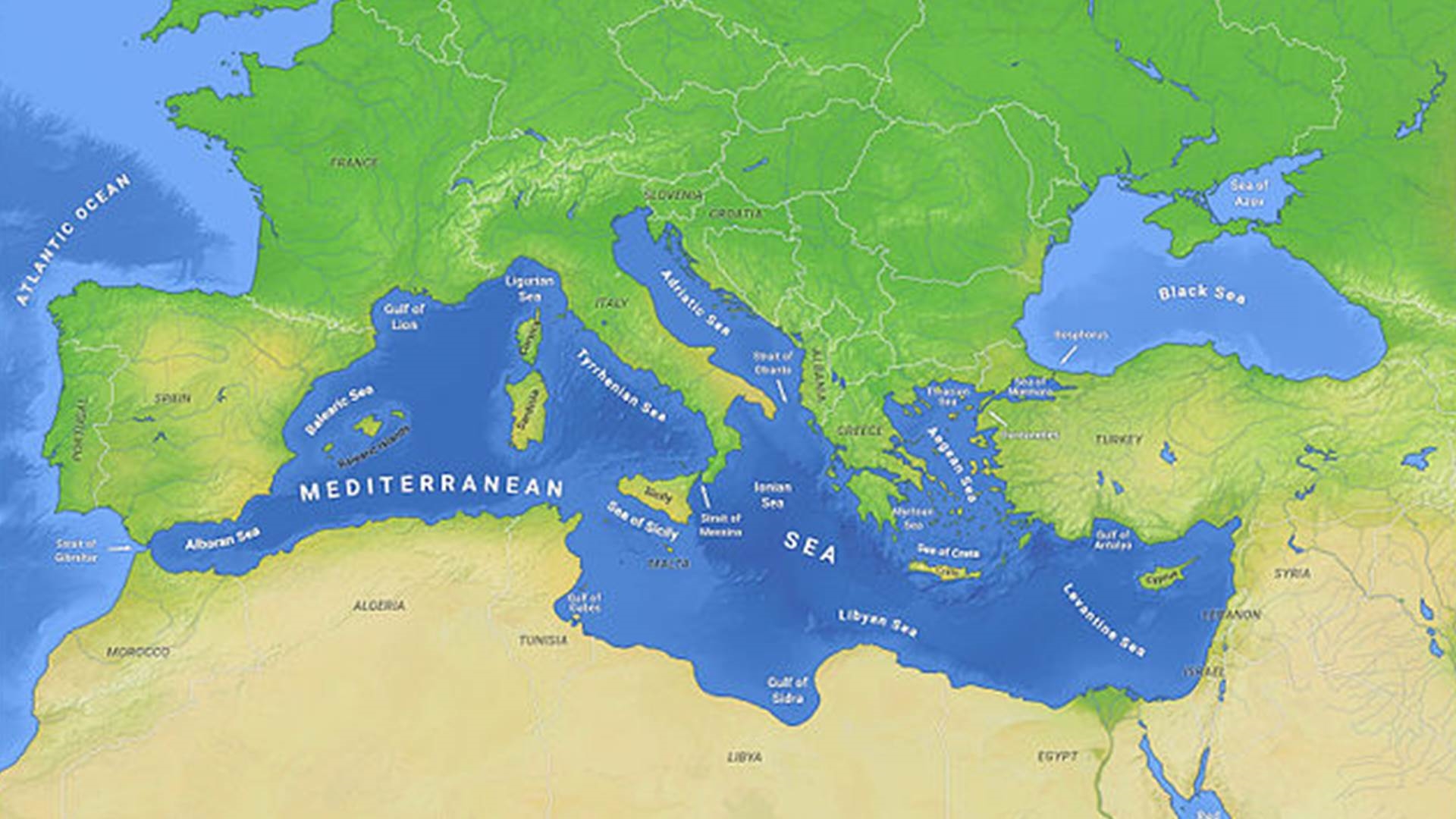Threatens the communities on its coast, Mediterranean Sea reveals its other face
First Bank

The term climate change has become increasingly frequent in recent times, especially as warming rates in several regions of the world rise markedly, and in this context, the Mediterranean cannot be ignored, as warnings from scientists and experts suggest that the warming speed of the Mediterranean basin may lead to a rise in its water level, posing a direct threat to the future of States and societies on its coast.
With increasing scientific evidence of climate change, it has become clear that the Mediterranean region is not immune from the adverse impacts of this phenomenon, along with the environmental, economic and social risks of rising seawater, and also highlights new risks to maritime navigation and navigation in this vital area.
That's what we're touching from the recurrence of violent drowning in his water. Most notably last week, 6 people drowned, including British businessman Mike Lynch. 15 people survived in a lifeboat and were rescued by a nearby sailboat, After a violent storm hit the 56-metre Bayzian, last Monday, sinking it within minutes.
This is due to rising temperatures in the Mediterranean, directly affecting weather and climate patterns in the region, resulting in more frequent and intense sea storms and high waves, and these changes make navigation in the Mediterranean more dangerous, as small and medium-sized vessels can face difficult and unpredictable sea conditions
In addition, climate changes lead to disturbances in marine currents and prevailing winds, complicating navigation operations and increasing the likelihood of maritime accidents, and as sea levels rise, sea maps and routes may also change, requiring continuous updates of navigation data to ensure the safety of ships and crews
Many environmental reports suggest that sea level rise may erode many ports and coastal infrastructure, reducing their efficiency and increasing maintenance and operational costs.
Changes in water temperatures may affect the distribution of marine life. including fish and coral reefs, which may alter traditional fishing grounds and affect fishing-dependent communities as a major source of income and as the climate change crisis persists navigation in the Mediterranean is expected to increase the risk of navigation in the Mediterranean, This requires urgent action by the responding States to improve early warning systems and promote regional and international cooperation in the field of maritime safety.
The Mediterranean countries must adopt integrated strategies to adapt to climate changes and enhance seafaring safety, including upgrading port infrastructure, developing more accurate navigation systems and advanced marine and weather monitoring technology, as well as training marine crews to cope with changing conditions.
It must also strengthen cooperation among Mediterranean States to share information and experience in marine risk management and safety of navigation, as well as implement joint projects to protect coasts and ports from the effects of sea level rise







